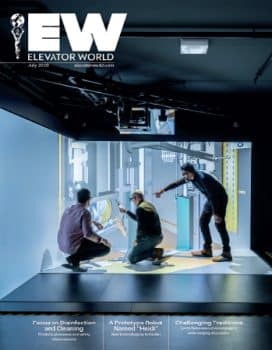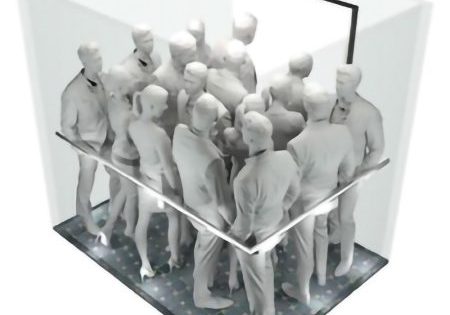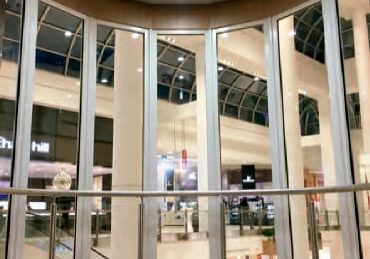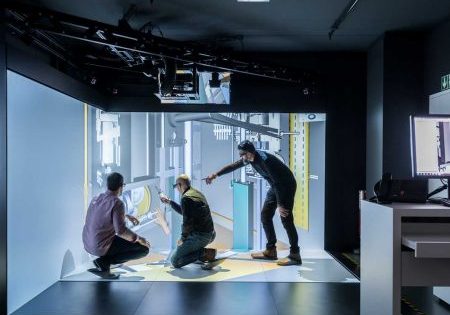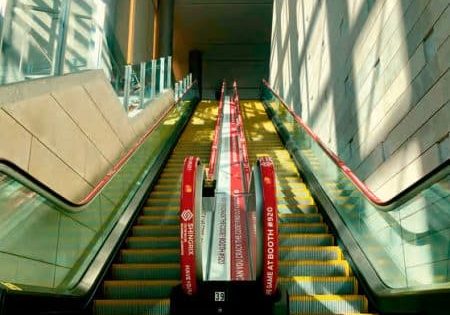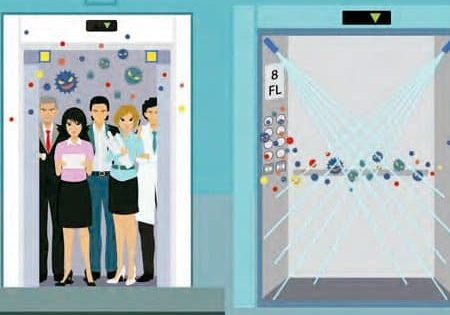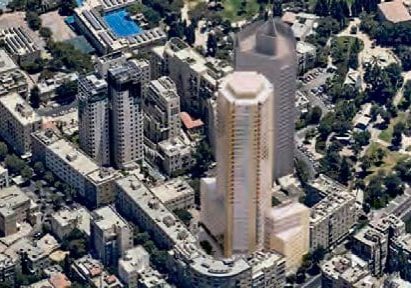“A Cleaner Future”
Jul 1, 2020
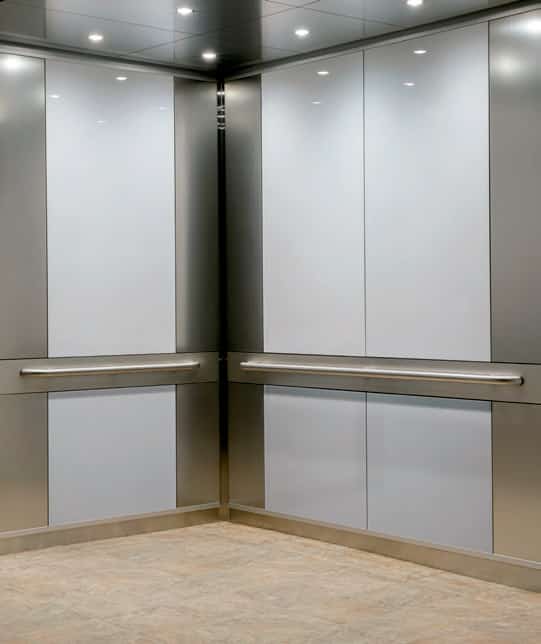
SnapCab’s R&D kicks into high gear.
by Kaija Wilkinson
SnapCab provides pre-engineered elevator interior kits that can be installed in less than a day. Flexible designs use SnapCab’s patented interlocking paneling system, allowing elevator mechanics to follow a simple process. Building on a successful partnership with Corning® Gorilla® Glass (ELEVATOR WORLD, June 2016), Warrington, Pennsylvania-headquartered SnapCab is focusing its efforts on adjusting its offerings to assist in germ mitigation. Gorilla Glass is a big part of that, as it is a nonporous, easy-to-clean material that is paired with stainless steel and other nonporous materials in several SnapCab models. SnapCab is working with a national supplier to provide antimicrobial coatings for their cab interiors. “We’ve been talking with suppliers and vendors we’ve built long-term relationships with, as well as those we’re just getting to know, to find solutions we are confident will easily and thoroughly keep elevator interiors clean,” Product Manager Brian Godshall says. “We are continuing to look into R&D for ways to create a cleaner future.”
SnapCab’s Gorilla Glass panels are manufactured in a 56,000-ft2 facility in Warrington that employs 86 staff. It has a Canadian manufacturing plant in Kingston, Canada, and sales offices in Arizona, Tennessee, NYC and Pennsylvania. Sales Manager Jon Kerr says the company is hiring. “We recently hired a project manager to increase our customer-service capabilities and are actively looking for an interior specialist who would be involved in business development,” he said, adding that its manufacturing arm is growing, as well.
SnapCab’s R&D department is studying products from more than 20 companies around the world, weighing factors including versatility, cost, fire rating and microbe-killing ability. “If there are suppliers who have a product either already available or in development, we would love to talk to them,” Kerr says. “We’re researching all the potential materials we would be able to use to address the concerns of our customers.”
Some antimicrobial products the SnapCab team is studying are:
- Laminates with antimicrobial agents
- Metals with natural antimicrobial properties
- Acrylic coatings
- Antimicrobial clear coat finishes
- Pre-mounted hand sanitizers
- Air-filtration systems
Godshall says:
“There are a variety of products we’re looking at. Laminates, copper and other antimicrobial coatings are some that we are currently testing. We’re studying how we could mount an indoor-air-quality fixture to cab ceilings and hand-sanitizer stations to walls. We’re weighing materials’ pros and cons. Copper, for instance, is a softer material with natural antimicrobial properties. However, you need to add a lacquer to prevent oxidation. The lacquer provides a barrier between the shiny, bronze color and people’s hands, which causes the surface to patina like a penny. Applying the lacquer reduces its antimicrobial properties.”
Systems using ultraviolet (UV) light are of great interest to SnapCab. Kerr says the company is looking for a system that would kick on when it senses the elevator is not in use.
Meanwhile, the Gorilla Glass partnership continues to grow and evolve. Kerr points to the Clarity cab model, which is popular in settings like hospitals and office buildings.
SnapCab’s patented interlocking panels are fire-rated and code-compliant. Combining stainless steel and Gorilla Glass, both nonporous materials that are easy to clean, Clarity could be improved with options such as antimicrobial coatings; hand-sanitizer stations; and, ideally, UV-light and
air-filtration systems.
“If there are suppliers who have a product either already available or in development, we would love to talk to them.”
— Sales Manager Jon Kerr
Get more of Elevator World. Sign up for our free e-newsletter.

